Lube-free chain offers alternative to special food grade lubricants
The use of specialist Food grade lubricants within food manufacturing is vital to ensure food products are fit for human consumption.
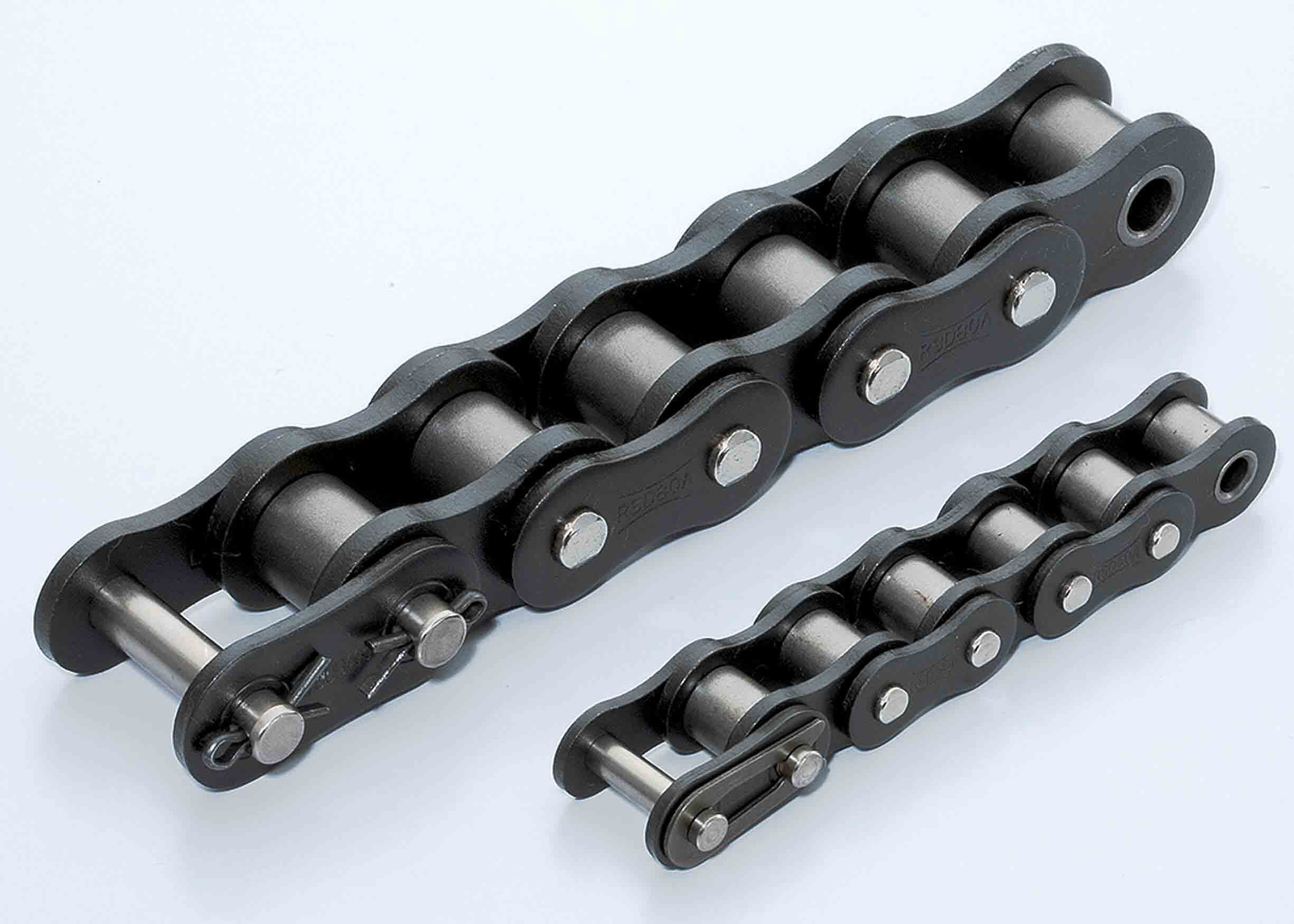
Legislation surrounding the manufacture or processing of foodstuffs is rightfully strict. One of the main principles of product safety in food manufacturing is to ensure the use of wholesome ingredients. Naturally, this means that there has to be a follow-on principle, to the effect that any other material that could get into the finished product by accident should not be dangerous to health. Therefore, manufacturers should have processes in place to prevent the incorporation of visible foreign bodies, and there is also the issue of trace materials that are harder to detect and address. One such potential trace material is the oil or grease used to lubricate the production machinery. In fact, it is sometimes inevitable that some lubricant will find its way into the finished food products. Therefore, it is necessary that food processing machinery uses lubricants that are not harmful when consumed by humans.
Manufacturers of lubrication make special food grade products and there are laws and industry standards that manage their use. Regulations vary from country to country, but essentially there are three main categories of lubricants used in the food industry.
- H1 lubricants - Lubricants that may have incidental contact with the food being produced, so must not be harmful.
- H2 lubricants - Lubricants which must not contact the food, so can only be used in closed systems
- H3 soluble oils - Oils which can be used to clean or protect equipment that contacts food, but which must be washed off before the equipment is used.
Buying-in and managing the use of food grade lubricants is an expense and requires responsible oversight. Thus, managers in the food processing industry may be able to gain a competitive edge if they can drive efficiencies into these tasks, whilst maintaining suitable high standards. One proven way to do this is with the use of drive or conveyor chain that is supplied with a food grade self-lubrication feature. Such a chain is designed to be permanently lubricated so that it does not need to be re-lubricated during its working life.
While this may seem intuitively to be a very minor gain, calculations about the time and manpower required to carry out such relubrication to a regular schedule, plus the cost of the special lubricant, show that in fact there is a notable saving to be made. Furthermore, this saving can often be multiplied many-fold when you add in the cost of lost production time, and potential to the life of chain product by having continuous lubrication applied from within. However, even this figure could pale into insignificance if you consider the cost and reputational damage that could be caused by a major product recall.
Tsubaki first introduced lubricated-for-life chain (often referred to as lube-free chain) thirty years ago. It quickly proved very popular and has gone on to become almost a de facto industry standard for many applications. Never one to rest on its laurels, Tsubaki has a policy of constantly refining and developing all of its products, including the Lambda range of lube-free chains.
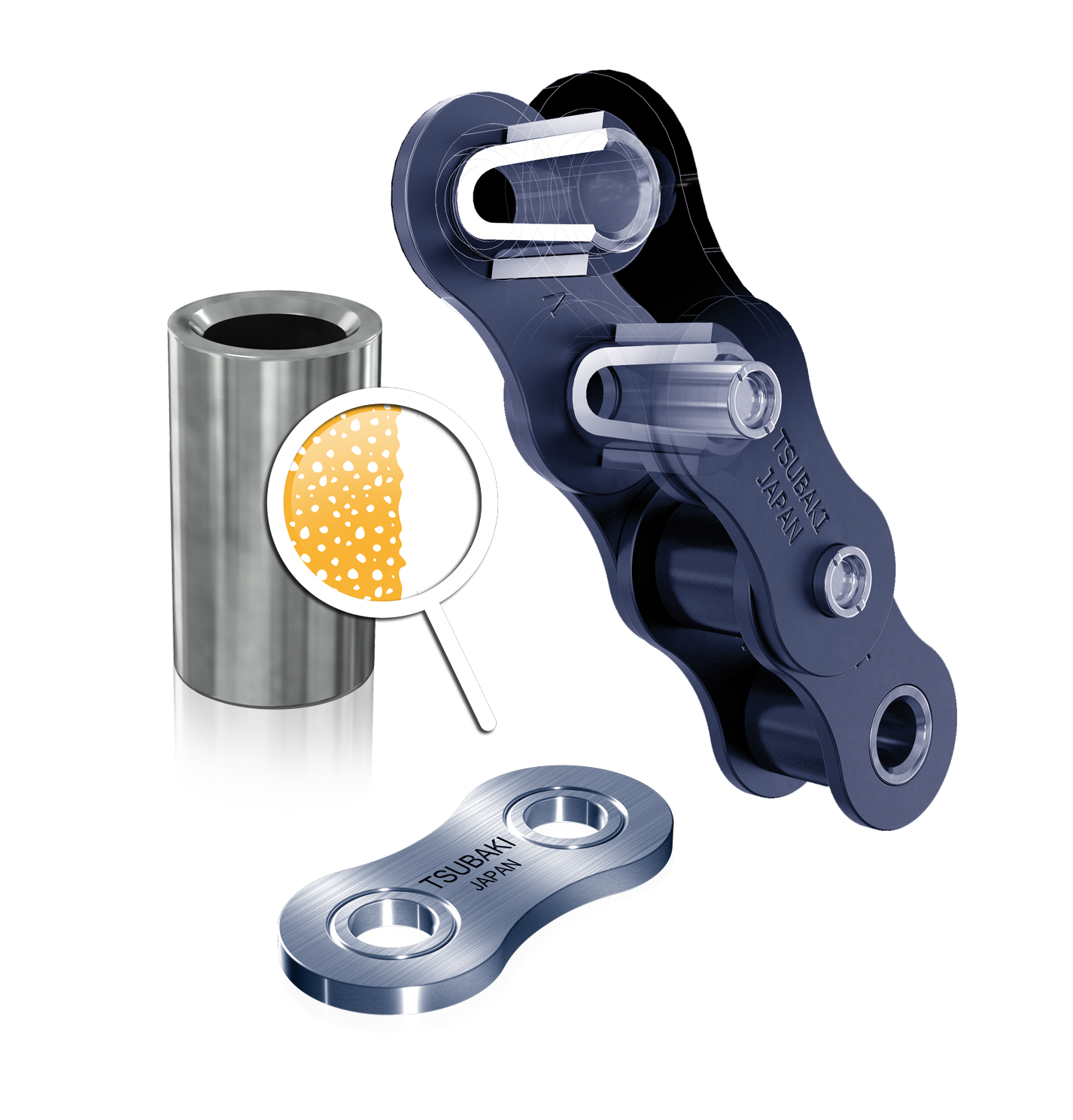
The core concept of the Lambda design is the use of an oil impregnated sintered bush. This is self-lubricating for the life of the chain and, importantly, retains the vast majority of the lubricant within the chain rather than it leaking out to potentially contaminate products, packaging and other items.
Now in its sixth generation of design, all Lambda chain is lubricated with NSF-H1 food grade lubricant impregnated into the bushes as standard, with H3 oil impregnation being available on request. This makes the Tsubaki Lambda Chain series perfectly suitable for applications in the food industry. Significantly, Lambda is designed to be able to withstand moderate washdown routines used in the food industry. It can also operate perfectly in temperatures up to 150°C as standard, with higher temperature versions available should they be required for extreme environments.
Other advantages of Lambda include a patented ring coining production process applied to the connecting links, which significantly increases the chain's strength, reducing the likelihood of breakage and consequent lost production; easy assembly and rapid fitting; long life, leading to reduced replacement cost over time; no maintenance requirements and clean running for reduced risk of product or environmental contamination.
Lambda is completely interchangeable with standard BS roller chains, so can be adopted onto existing machinery without any re-engineering. Similarly, Lambda can be used with standard BS roller chain sprockets, although due to the extended lifetime of BS Lambda chain, Tsubaki recommends the installation of sprockets with hardened teeth that will match the chain for longevity.
Lambda chains impregnated with food grade lubricant have been used in many food manufacturing installations and have produced advantages in terms of reduced maintenance, security against product contamination and significant cost savings. Like earlier versions of Lambda, Tsubaki is expecting this food safe, high-performance chain to increasingly become the only product of choice for many users.
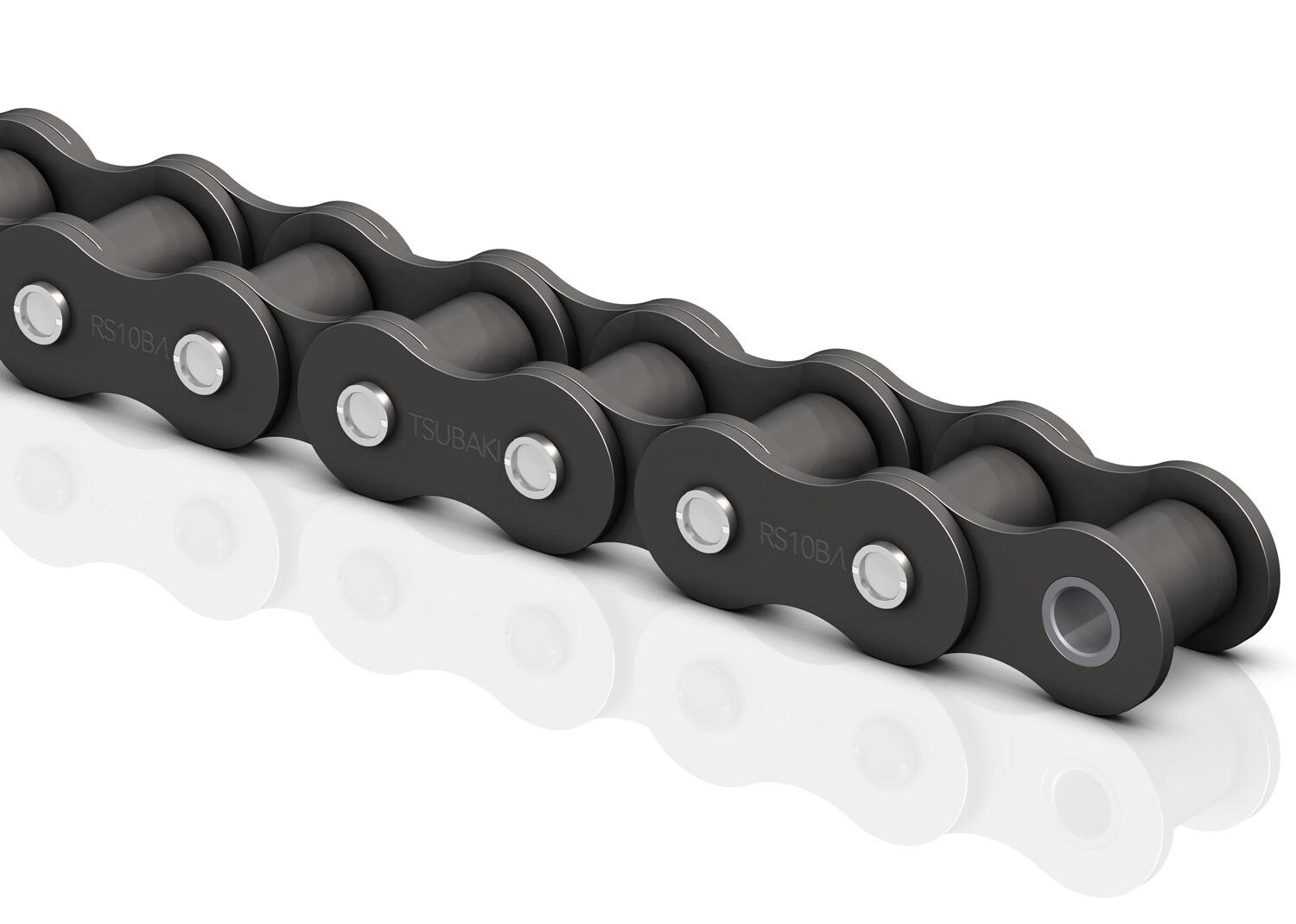

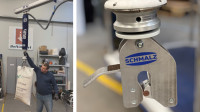
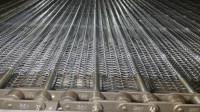
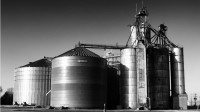





Comments